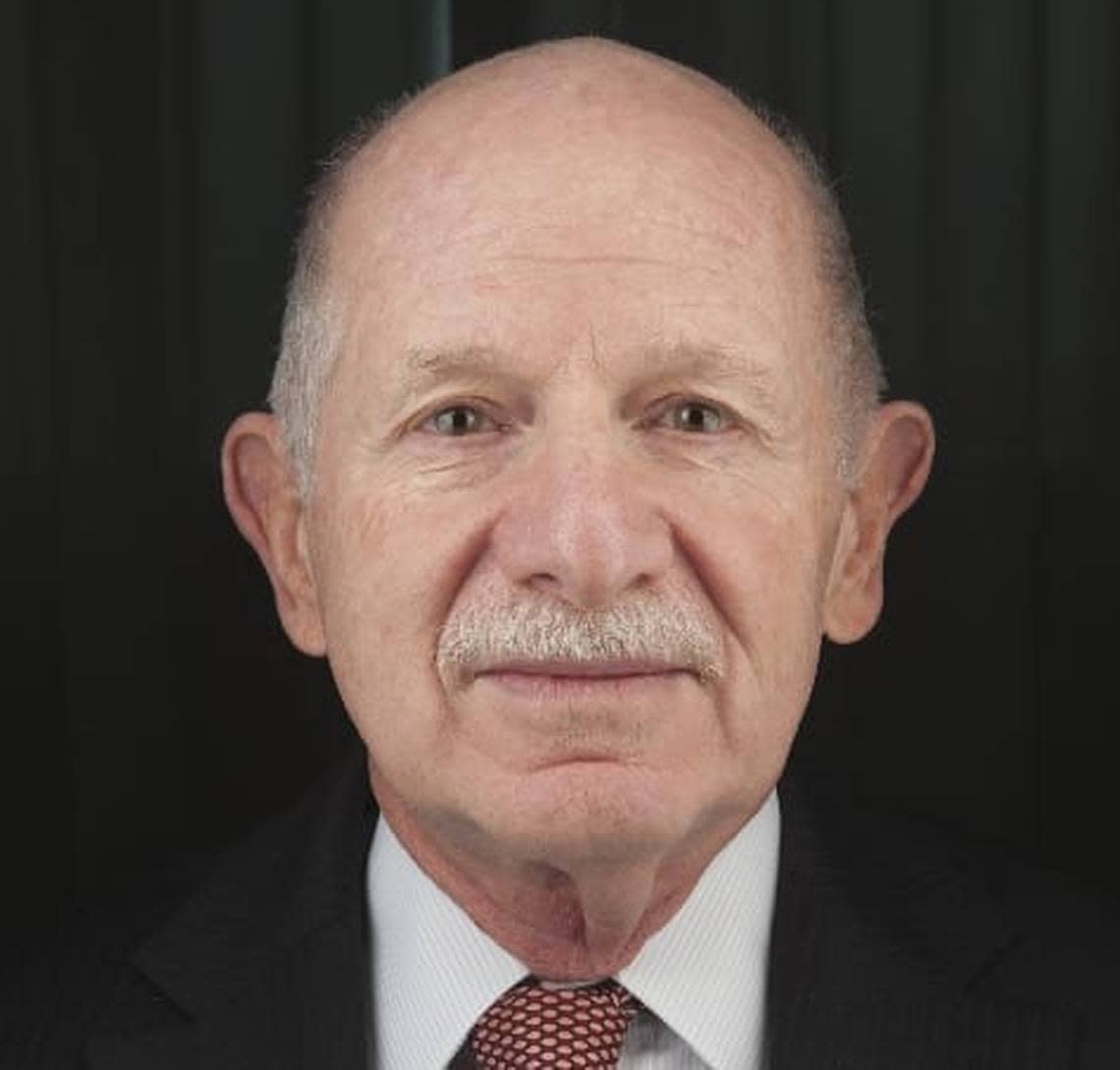Haitians are central to ending their country’s crisis, but they cannot do it alone | Opinion
The disaster that is Haiti is on an ever-faster descent accompanied by violence, famine, misery and death. It has gone far beyond failed-state status when gangs control a reported 90% of the nation’s capital city.
Never has the country appeared in such desperate straits. The latest evidence was the Biden administration issuing an “ordered departure” of dependents and non-essential embassy personnel from the country, along with a warning for all U.S. citizens to leave Haiti.
My first trip to Haiti was in 1978 with then-U.N. Ambassador Andrew Young. I served in the State Department’s human-rights bureau. Since then, with government or international delegations, and multiple non-government research teams, I visited Haiti dozens of times to understand the challenges faced by the Haitian people, whose courage and resilience remain inspiring.
Ritual calls by the United States, Canada, the European Union, the OAS and the United Nations for an end to the violence have been for naught. They also have been paralleled by a request for help from civil society, business and church leaders, as well as the de facto Prime Minister Ariel Henry. Henry has done virtually nothing to put an end to the crisis since the assassination of former president Jovenel Moïse 18 months ago. Henry has been dogged by allegations of his own involvement in that assassination.
However the facts of these failures are clear from national and U.N. reports:
▪ This year, 1,500 people were killed in Haiti through May — 600 in April alone, the U.N. reported.
▪ Haiti saw 277 kidnappings in the first three months of the year and another 40 since May. In 2022, there were 1,359 abductions, double the previous year. An American nurse and her child were reported kidnapped last week.
▪ About 4.9 million people are suffering high levels of acute food insecurity and malnutrition.
▪ According to information cited in a May U.N. report, 652 women and girls were subject to individual and collective rape in gang-controlled areas over the past year.
▪ Of a once 15,000-strong Haitian National Police (HNP), only 3,500 are on the street in service at any time, the U.N. Security Council was told in May. Many have been killed. Others have fled their posts or the country out of understandable fear.
What has to change?
First, the United States, Canada and others must end the shibboleth that Haitians can solve the problem themselves. They cannot. Obviously Haitians are central to any transition, but the view that Henry is the core of that transition must end.
Henry is not legitimate according to Haitian law — since he never was confirmed by the Senate. And he is not legitimate politically since he essentially did nothing to prevent the disappearance of the legislative assembly and Senate when their terms ran out. He hasn’t responded to efforts to negotiate a more-inclusive government.
Second, CARICOM’s efforts to broker a shift in power need to be supported. Henry apparently had agreed in Jamaica to a suggested government of national unity, then backed away.
Unless the Biden administration tells Henry that he has to step down or give up significant power to a broad Haitian coalition, including Montana group leaders — a group of civil society organizations seeking a return to democracy — international resolutions demanding change are near useless.
Third, the Biden administration needs to announce its own investigation into former President Michel Martelly, his prime minister Laurent Lamothe and other members of the Haitian elite, sanctioned by Canada, for enabling the gangs to acquire arms and power.
Fourth, once a consensus transition government, with shared executive power, is formed, a sufficient international force, ideally with U.N. Security Council authorization, should be deployed to enable the HNP to end gang control in Port-au-Prince — of road and port infrastructure and communities, initially. Then the political coalition and the bolstered security force must pursue gangs’ disarmament and negotiate their dissolution from a position of strength.
The United States should provide the necessary command, control, communication, intelligence and muscle, along with Canada, Brazil and others, to whoever is formally in the lead — now reported to be Kenya or Jamaica — to have any chance for success.
Fifth, the security provided by a joint international and HNP force is essential to bring food, medical relief and shelter. All currently are lacking. Thousands have been forced to flee their homes, many of which have been burned in gang-ridden slums.
Finally, the new transition government, with security underpinned by joint international and HNP forces, can then set in place building blocks for a democratic transition through elections.
Even if that can be achieved in a reasonable time frame, there remains the long-term structural challenges Haiti faces to rebuild its social and economic infrastructure.
Those challenges include building an education system that works not only for those who pay for the best private schools, but for all children. It has to include a network of public and non-profit primary healthcare centers, secondary-care clinics and hospitals. As the draft Global Fragility Act framework for Haiti makes clear — a decade-long investment in development and governance is required after the current crisis ends.
For that, the United States and others in the international community should authorize the full 10-year funding estimate. The United States did it once in the Nunn-Lugar 10-year authorization to cover the nuclear cleanup costs after the fall of the Soviet Union. Congress should approve the same kind of 10-year plan to offer long-term help and hope to Haiti.
Mark L. Schneider is a senior adviser at the Center for Strategic and International Studies. He is a former director of the Peace Corps, head of USAID for Latin America and deputy assistant secretary of State for human rights.

